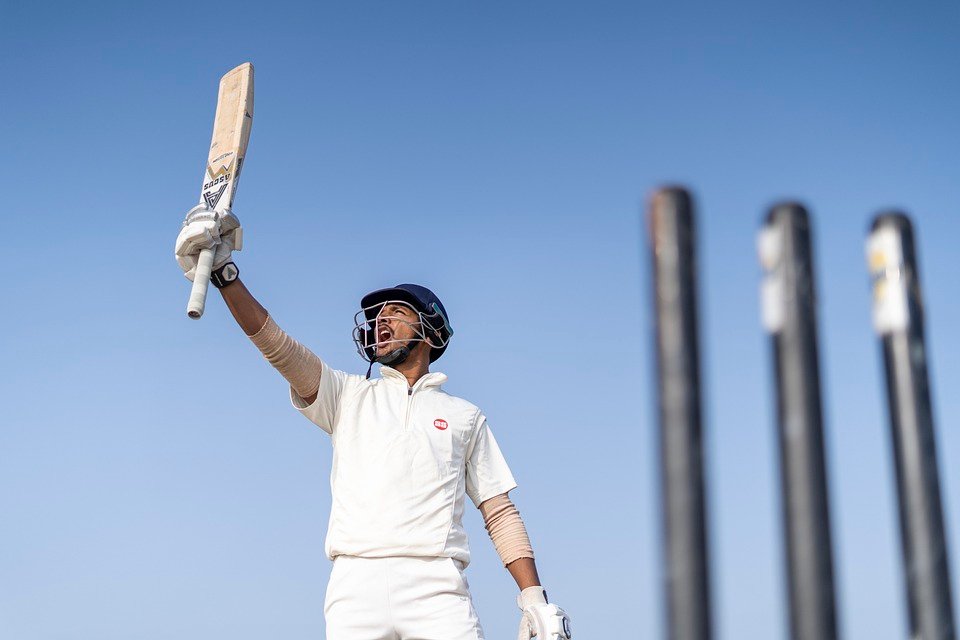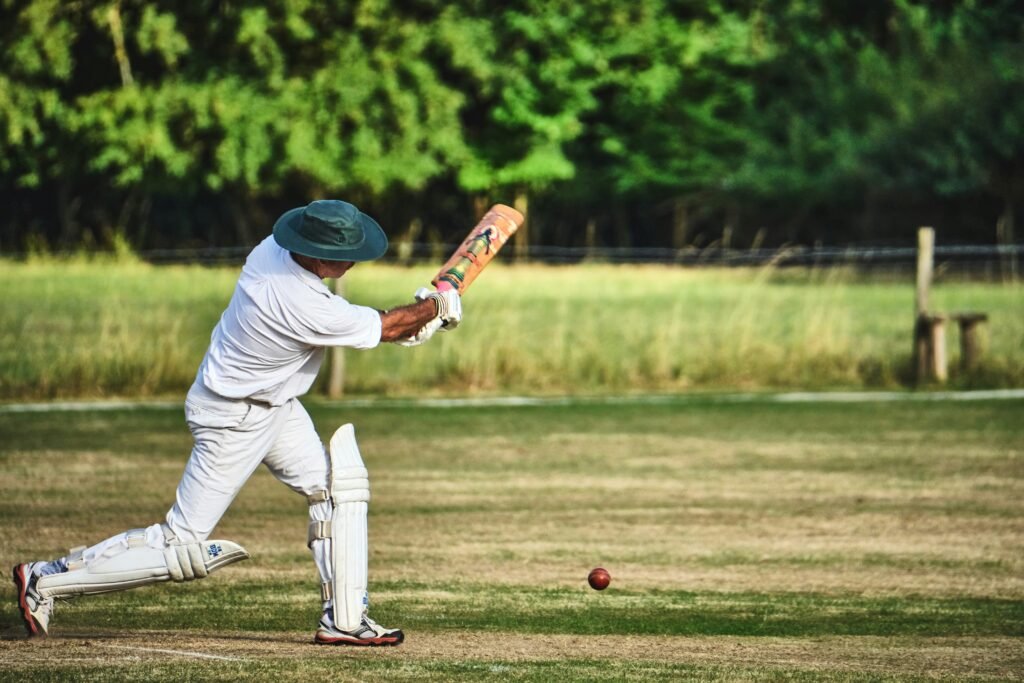India’s refusal to play cricket with Pakistan has sparked widespread interest and debate among fans and analysts alike. This longstanding issue not only impacts cricketing relations between the two countries but also shapes the larger narrative around sports diplomacy in South Asia. In this article, we’ll provide you with a comprehensive overview of India’s position against playing cricket with Pakistan, along with insights into the reasons behind this decision. I promise you’ll find all the recent updates and detailed information regarding India’s refusal to play cricket with Pakistan, as we explore the complexities surrounding this contentious topic.
Looking ahead, the future of India’s refusal to play cricket with Pakistan remains uncertain, with possibilities of change depending on various diplomatic and sporting factors. I think as tensions fluctuate, so too might the dialogues surrounding potential matches in the future. With over 10 years of experience since 2013 in the cricket and sports field, we are well-equipped to provide you with accurate and insightful information about India’s refusal to play cricket with Pakistan. Together, let’s unravel the nuances of this pivotal issue in cricketing history and what it means for fans and players on both sides.
India’s Refusal to Play Cricket with Pakistan: What It Means
The Historical Context of Cricket Between India and Pakistan
Cricket is more than just a game in India and Pakistan. It’s a deep part of our cultures, filled with excitement and passion. The history between these two countries adds an extra layer to the matches. Both teams show skill, talent, and great rivalry. But when we look back at their cricketing history, tensions spill onto the field. This tense backdrop often leads to feelings of discord and mistrust.
Over the years, cricket matches have brought both joy and heartbreak. Fans celebrate victories and mourn losses together. Yet, many matches have been marred by political issues. I think it’s essential to realize that cricket, while uniting many, also reflects the complexities of our relationships. When India decides not to play Pakistan, it’s rooted in more than just sports; it carries a whole history behind it.
Political Tensions Affecting Cricket
Politics can play a significant role in sports, especially in cricket between India and Pakistan. Tensions have risen high due to various conflicts over the years. Such issues spill over into everything, including cricket matches. Sometimes, when leaders meet, the hope is that sports can bridge gaps. However, that’s not always the case.
In my opinion, the refusal to play can stem from fear and distrust rather than a lack of interest in the game itself. Matches can become too charged with emotions. Cricketers and fans might feel pressure when the surrounding political environment is contentious. When government discussions falter, sporting events often reflect that strain. This complicated relationship between politics and cricket becomes increasingly evident with each passing year.
The Impact on Players and Fans
When India chooses not to play against Pakistan, it impacts players deeply. Cricketers train hard and dream of competing on the international stage. Matches between India and Pakistan are often seen as the pinnacle of cricket rivalry. Many players express disappointment, as these games usually create unforgettable memories.
Furthermore, fans feel the sting of these decisions too. Supporters invest time, energy, and emotion into their teams. Countless fans hope for these matches to spark joyous celebrations. The matches create community spirit, bringing fans together to cheer for their teams. In my view, cricket ought to bring people together, rather than pushing them apart.
The Role of Media in Shaping Perceptions
Media plays a powerful role in how we view cricket matches. News coverage can influence public opinion, often accentuating the rivalry between India and Pakistan. Every decision, especially one like refusing to play, becomes fodder for discussion. Media buzz adds to emotions felt by fans and players alike.
I think when the media covers a proposed match, they can ignite hope. Yet, they also have a responsibility. If they emphasize political strife, they risk painting a bleak picture of cricket’s unifying potential. In my experience, balanced media reporting can help foster a more positive and friendly environment around cricket and its players.
The Benefits of Constructive Engagement
Often, people overlook the benefits of engaging positively with rivals. In sports, collaboration can be beautiful and transformative. Playing matches against opponents, even rivals, fosters respect and mutual understanding. I feel that if India and Pakistan agreed to play cricket, they would have a chance to demonstrate sportsmanship. It could serve as a beacon of hope and showcase the friendship that can arise from competition.
Playing cricket isn’t merely about winning; it’s about learning from one another. Over the years, many cricketers have carved out careers while competing against acknowledged rivals. This positive competition can lead to broader acceptance beyond the pitch. I believe deploying cricket as a bridge can create paths toward understanding and empathy.
Alternatives to Direct Competition
While direct matches might not occur, alternative ways to engage through cricket exist. Friendly tournaments and exhibitions, involving both countries, can showcase their cricketing talents without the added pressure of rivalry. These interactions encourage goodwill and camaraderie among players.
In my opinion, such engagement gives players a chance to prove their skills while reducing tensions. Youth cricket programs or academy exchanges could further assist in building bridges. When youngsters from both nations interact, they form connections based on shared love for the game. Creating more informal settings where the spirit of cricket can flourish may foster goodwill and friendship.
Looking Ahead: What the Future Holds
It’s hard to predict the future of cricket between India and Pakistan. Will we see a return to matches, or will the refusal continue? In my view, the situation is complex, shaped by various factors. Cricket has the potential to reflect change and growth, but requires willingness from both sides.
With over a decade of experience in the cricket and sports field, I believe that unity is achievable. By focusing on common interests and harnessing the love for the game, cricket can be a force for good. Let’s hope for a time when cricket can serve as a unifying thread, bringing fans and players together, celebrating the spirit of the game with respect and understanding.





